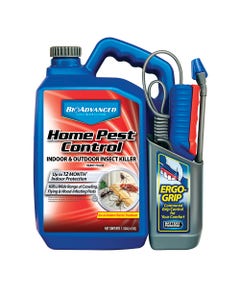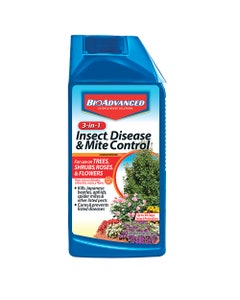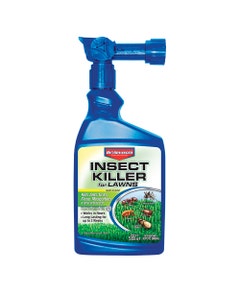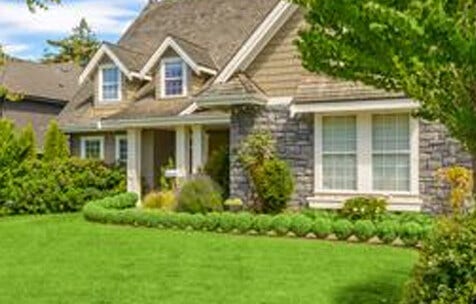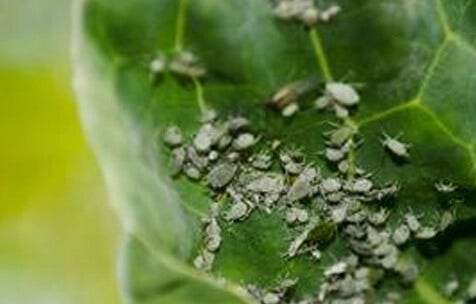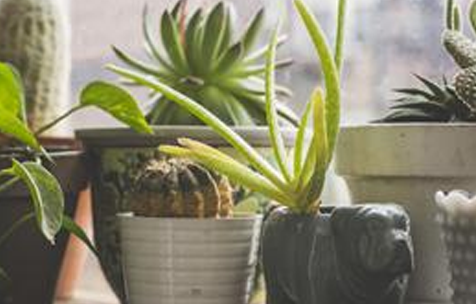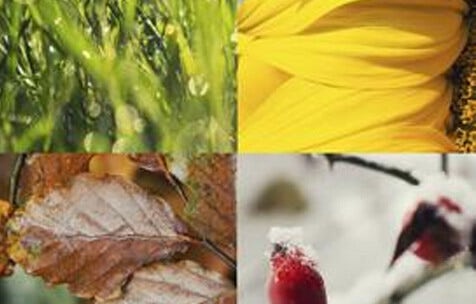

- Home
- Learning Article
- Mulching Southern Gardens
Mulching Southern Gardens
Mulch is a valuable tool for maintaining the health and beauty of your lawn. It can help retain moisture, suppress weed growth, regulate soil temperature, and add valuable nutrients to the soil as it decomposes. However, choosing the right type of mulch for your lawn can be a daunting task. In this blog post, we'll provide some tips and tricks for choosing the best mulch for your southern lawn, as well as some fun facts about the benefits of using mulch.
How To Mulch Southern Gardens:
Firstly, it's important to note that not all types of mulch are created equal. Some mulches, such as pine straw or cypress mulch, are better suited for southern lawns than others, such as rock or gravel. Here are some of the most common types of mulch used in southern states, and their benefits:
- Pine Straw: Pine straw is a popular choice for southern lawns because it's abundant, easy to apply, and affordable. It's also great for retaining moisture and regulating soil temperature. However, pine straw should be replenished at least once a year, as it decomposes quickly.
- Cypress Mulch: Cypress mulch is another popular choice for southern lawns. It's long-lasting, resistant to insects and rot, and has a pleasant scent. However, it's more expensive than other types of mulch and may contain chemicals that harm the environment.
- Cedar Mulch: Cedar mulch is great for repelling insects and retaining moisture. It's long-lasting and has a pleasant scent, but more may be more expensive than other types of mulch and contain chemicals that harm the environment.
- Hardwood Mulch: Hardwood mulch is made from shredded bark and wood chips, making it a great option for retaining moisture and adding nutrients to the soil. It can be expensive and may contain chemicals that harm the environment.
When choosing mulch for your southern lawn, it's important to consider factors such as cost, availability, and environmental impact. Pine straw and cypress mulch are great options for those on a budget, while cedar and hardwood mulch are better suited for those willing to spend a little extra.
Now, for a fun fact about the benefits of mulch: Did you know that mulching can improve the quality of your soil over time? As mulch decomposes, it adds organic matter to the soil, which improves soil structure, fertility, and water-holding capacity. This can lead to healthier plants, better yields, and a more beautiful lawn overall.
In conclusion, choosing the right mulch for your southern lawn can be a daunting task, but with the right information, it's easy to make an informed decision. Consider factors such as cost, availability, and environmental impact, and choose a mulch that best suits your needs. And don't forget to have fun with it - mulching can be a great way to improve the health and beauty of your lawn while also doing your part for the environment.
Stink Bug is the name given to several species of insects that excrete a pungent odor from scent glands when they feel threatened. Most adult Stink Bugs are green, grey or brown and have a shield-shaped body, while one species is black with orange marks. They are small, ¼ to ¾ inches long and have piercing, sucking mouthparts.
Damage
Adult Stink Bugs lay eggs on the undersides of leaves in spring; nymphs hatch in early summer. Stink Bugs feed primarily on fruits and vegetables. They suck the sap from fruit and sometime foliage. Fruit can develop hard calluses and dents, making it look deformed. Stink Bugs can also migrate into homes and become annoying indoor pests. Prevent home entry with insecticidal sprays around the perimeter of the home.
Location
Stink Bugs are found throughout the United States.
Similar or Related Pests
Brown Marmorated Stink Bug and Tarnished Plant Bug
Cultural Solutions
- Indoor Pest Control: Seal entry points around windows, doors or openings.
- Indoor Pest Control: Use a vacuum to collect Stink Bugs.
- Outdoor Pest Control on plants: Use floating row covers to exclude pests from vegetables

